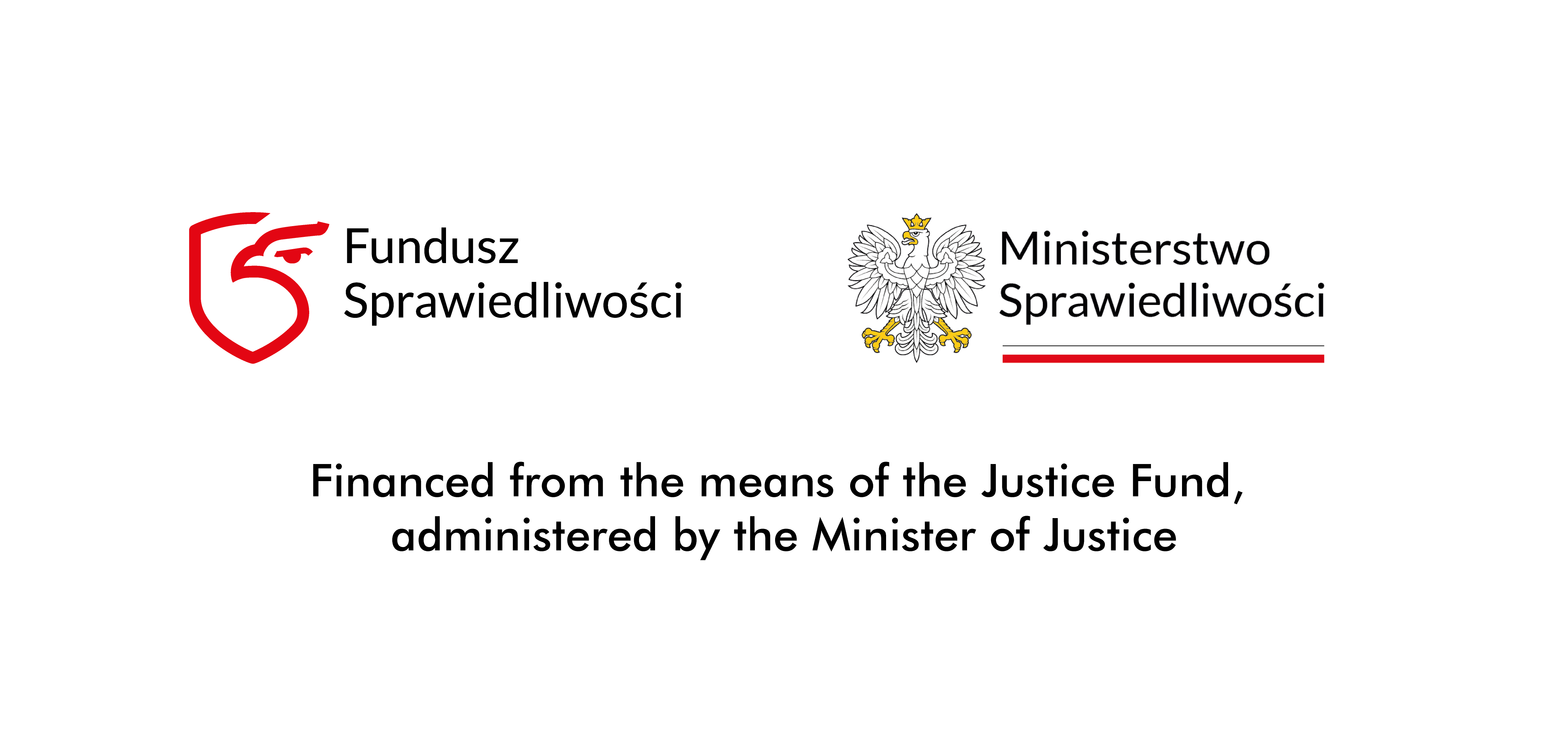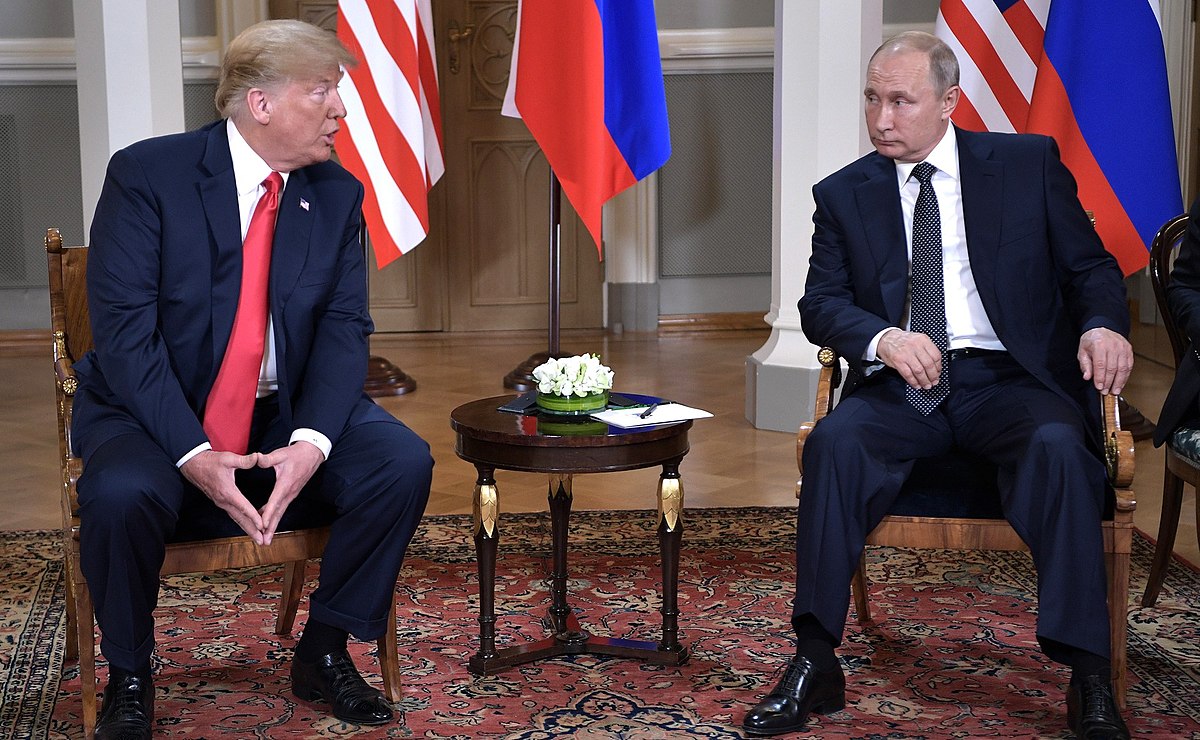The Chinese game

This situation is precisely what the Chinese are taking advantage of, with the submission of their peace plan.
Paweł Lisicki
It is difficult to form an opinion based on reports from the general Polish (as well as global media) about the implications of Xi Jinping’s visit to Moscow and his talks with Vladimir Putin. It seems that the only certain fact is that the two leaders – China and Russia – met and that they issued a joint statement, although it may soon turn out that even this fact will be negated when one of the Ukrainian ministries announces that it was not Putin, but his body double, who met with Xi, because, as Volodymyr Zelensky stated a few months ago, Putin no longer exists.
That Putin still exists, however, is indicated by a number of additional clues in addition to Xi’s behavior itself. First, there is the judgment of the International Criminal Court in The Hague, which accused Putin of war crimes and issued a warrant for his arrest. Second, the reaction of NATO chief Jens Stoltenberg, who sharply criticized Xi for flying to Moscow shortly after the judges’ decision.
As for the judgment itself, it is a decision that may be right from a moral point of view, while politically it is highly peculiar. After all, it cannot be carried out in any other way than by defeating Russia first, for one thing. Even those countries that are signatories to the Rome treaty that established the ICC, such as South Africa, where Putin is going in the fall, have made it clear that they will not carry out the Hague court’s ruling. The only practical effect of the ICC’s actions, therefore, is to hinder peace negotiations other than those with Moscow that can be conducted by such countries that do not recognize the ICC and its rulings, such as China. I therefore do not understand the satisfaction of many Polish observers with the judgment. Assuming that the war will not continue indefinitely and that it will end like all previous ones with negotiations and agreement, the ICC judgment makes it impossible for any Western state to be the negotiator.
This situation is precisely what the Chinese are taking advantage of, with the submission of their peace plan. Its adoption would lead, roughly speaking, to a cease-fire, abandonment of Western equipment deliveries to Ukraine and leave, one would think, the territories captured by Russia in its hands. Not surprisingly, Moscow has already announced that it is ready to take the plan seriously, and President Zelensky, admittedly earlier, announced that there would be no agreement on such terms. The problem is that, so far, no other idea to end the war exists. The United States and, along with them, the rest of the Western countries have consistently said that Russia must withdraw from the occupied lands – immediately from those occupied after February 24th, 2022, and in the future from those occupied since 2014. To achieve this, they supply Ukraine with more and more lethal weapons, to which Russia responds in exactly the same way: using more and more increasingly lethal missiles. Is this strategy effective? I can’t figure it out.
I am already leaving aside the important issue of the rapid increase in the number of casualties, which, when one thinks in terms of a just war, should certainly be taken into account. However, even assuming that no harm is done to the willed, and that the Ukrainians are willing to fight to the end, while the Russians will not relent without force, the question arises about the geopolitical effects of the US strategy so far. I see one: Washington’s policy has led to the formation of an increasingly strong axis of countries hostile to the West around Moscow. The first effect is the exit from Iran’s isolation. The second, no less serious, is the gradual turning away from America of Saudi Arabia and its agreement with its hitherto mortal enemy, Tehran. Third is China’s tightening relationship with Russia.
In Poland, I have the impression, these changes are not wanted to be seen. Most Poles believe, as a result of effective propaganda, that “the whole world condemns Russia.” Likewise, Xi’s visit to Moscow is treated as an almost meaningless thing; at best, it is supposed to prove either that Putin didn’t get what he wanted (it’s not clear, of course, what he wanted was supposed to be, but the American think tanks who gratuitously share their knowledge know), or that it was evidence of Moscow’s subordination as a junior partner to Beijing. The latter is admittedly not easy to explain, since it is usually the weaker who comes to the stronger after a request, but for this purpose one can always invoke magicians (Polish or foreign) from gesture research who will proclaim that Putin had a scowl.
This is not funny at all. Since Polish foreign policy is based on unconditional trust in President Biden’s actions, his allies will be the first to pay for his mistakes.
This article was published in March 2023 in “Do Rzeczy” weekly




